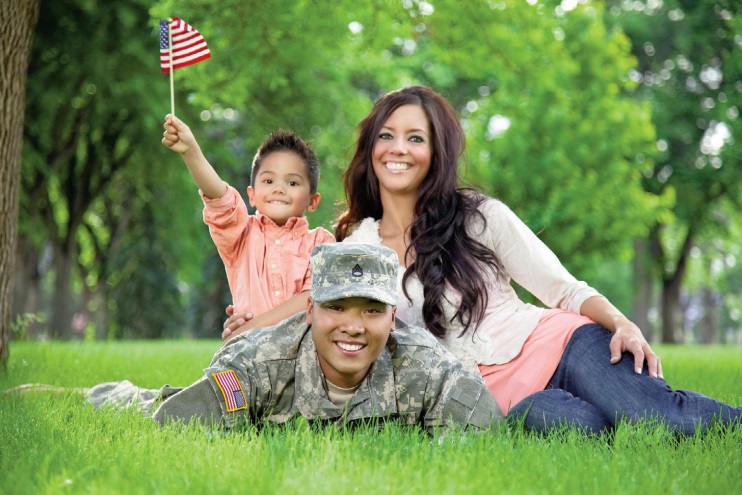ative to culture or climate, as well as possible separation from extended family and friends. Even still, despite these daunting circumstances, many military families build and sustain connectedness and resiliency, along with robust and inspired family traditions. One thing for certain, transition and relocation are consistent military-connected inevitabilities, so why not make the most of it. Mindfully embedding incidental learning opportunities along your PCS journey may serve as a helpful step toward creating positive engagement and adaptability within your family's new PCS and beyond.
occurring learning that does not have to be deliberate or intentional. It happens outside of formal classroom instruction. Incidental learning may be referred to as a “teachable moment”. It encourages curiosity, learning and long-lasting memories in a setting tailored to personal interest, or during everyday activities. Using natural experiences promotes learning through enjoyment and participation. It can happen when we learn something new from reading a novel, watching a movie, going shopping, chatting with a friend, playing a video game, doing household chores, playing sports, taking a hike, or traveling somewhere near or far. The side-benefit provided can be increased soft skills, otherwise known as social skills, within valuable and hard-to-teach social areas like communication, teamwork, problem-solving and other interpersonal skills. Increasing these soft skills may serve to benefit positive peer acceptance, interaction within the classroom, as well as during play or other casual moments in your child’s day. Additionally, incidental learning may promote increased academic learning within the classroom because of amplified practice, real-life application, cross-learning and most of all, pure enjoyment. Fine and gross motor skills, motor-planning and stamina are often strengthened through play or leisure-time activities, as well. As individuals continue to grow and learn throughout life, incidental learning continues to be important and beneficial, across their lifespan, beginning at infancy and throughout adulthood. The wonderful thing is that these opportunities abound within your home and community wherever your PCS path may lead.
Although incidental learning is a vital component for all, it is particularly beneficial for youth who are identified with special needs. Today's parents and educators are discovering that students identified with specific learning disabilities (SLD), attention deficit disorders (ADD) and a variety of other learning differences, benefit from a mindful approach that includes incidental learning. The beneficial opportunities for incidental
learning occurring within natural settings for students identified with a learning difference, can be nurtured and, in fact, are often formally used within the classroom or therapy-based instruction. This specialized methodology is based upon student interest and takes advantage of naturally occurring incidents to teach skills and support generalization.

SKILL BUILDING: Engaging in games or activities and performing tasks involving balance or motor coordination like standing or jumping on one foot, touching right ear with left hand and so on, can maximize time with family and provide for growth in areas like listening, imitation, motor planning, and fine/gross motor skills
Parents are the most important teachers in their child’s life. Therefore, parents may consider discussing with the IEP (Individualized Education Program) team the possibility of adapting and tailoring the formalized teaching methods currently utilized within the learning environment include incidental learning opportunities at home. The IEP process and specialized teaching practices are often a launchpad in which to start the thinking, planning and customizing, in order to expand engagement, and support diverse learners across a variety of environments. An IEP team may suggest:
- Nurture and support incidental learning through reading engagement. Asking questions about the story can foster language, play, comprehension and social skills.
“How do you think the boy feels?”
“Why do you think the girl feels happy?”
“What is the horse doing with his head that makes him look sad?”
“What do you think will happen next?”
- Involve your child in cooking. Incidental skills in math, planning, and self-help skills, as well as strengthening fine and gross motor skills can be cultivated through cooking tasks. Beginning with safe no-heat recipes or tasks and progressing toward increasingly complex culinary adventures may be appropriate. Through measuring and stirring